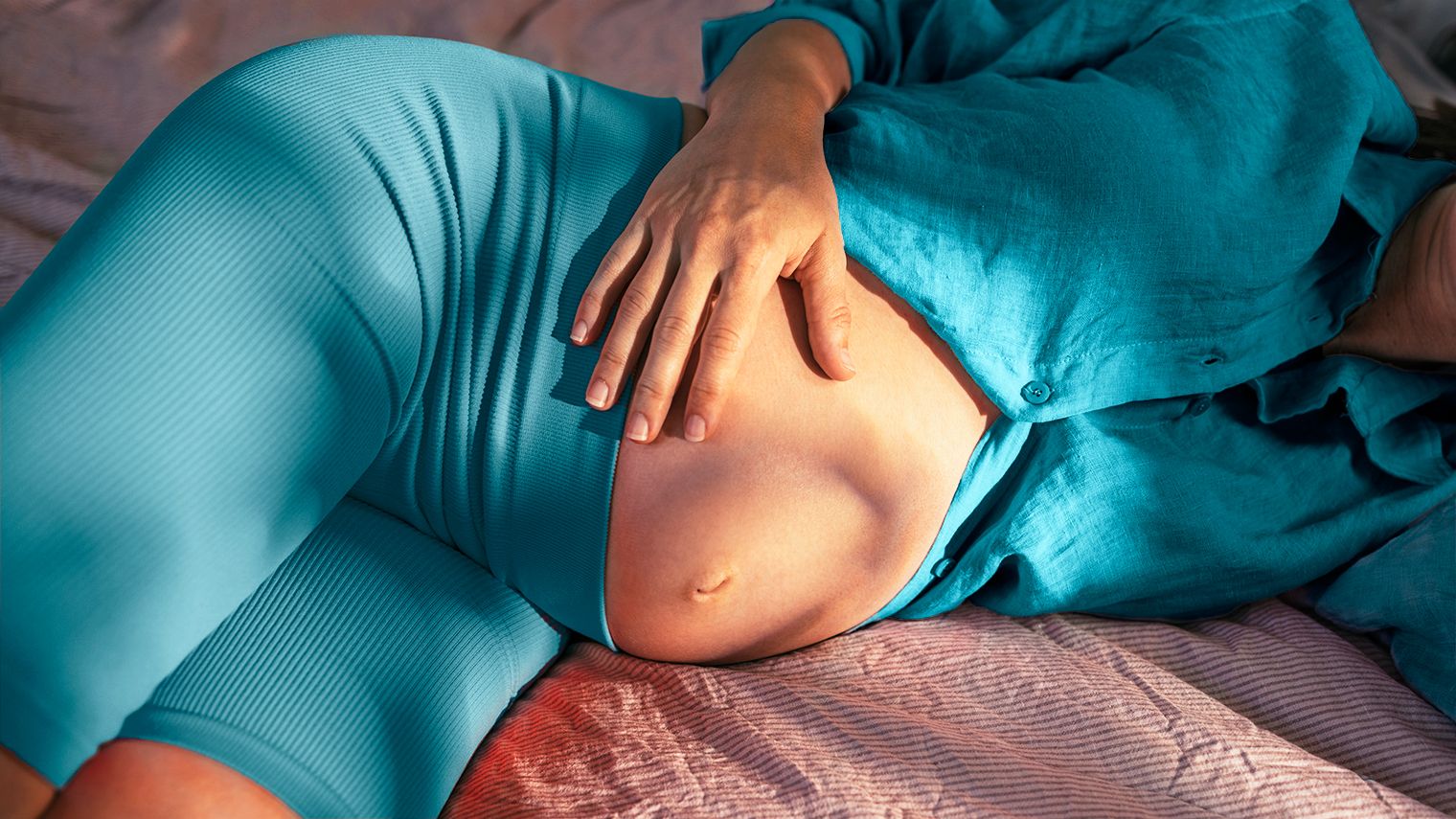5 Ways I’m Curbing My Risk for Type 2 After Gestational Diabetes
June 07, 2024
Content created for the Bezzy community and sponsored by our partners. Learn More

FreshSplash/Getty Images
I’ve had gestational diabetes twice. I know it puts me at risk for type 2 diabetes. Here are five ways I’m safeguarding my health.
Most medical professionals agree that pregnancy is the ultimate stress test on the body. As someone who has had almost every pregnancy complication under the sun — including gestational diabetes twice — I take this very seriously.
According to the CDC, half of people with gestational diabetes go on to develop type 2 diabetes. Since I’ve had gestational diabetes twice, I’m even more worried about developing type 2 diabetes. Plus, my father had type 1 diabetes, and I grew up watching him struggle with a lifetime of complications related to his disease.
After months of living with gestational diabetes during pregnancy — the constant finger pricks for blood sugar, counting carbs, timing my meals — all while watching my dad’s quality of life rapidly decline with the complications of his own diabetes, I know I don’t want to develop the condition in the future.
So, I’m doing everything I can to make sure I’m safeguarding my health. The following are steps I am actively taking to reduce my risk of developing type 2 diabetes.


1. Prioritize routine doctor’s visits
Because I am at higher risk for developing type 2 diabetes, I prioritize my routine medical care. I see a general practitioner and my OB-GYN yearly for wellness checks.
Part of my medical routine care included getting my A1C checked a few months postpartum. Fortunately for me, after both of my gestational diabetes pregnancies, my A1C went back to normal levels.
2. Exercise
I couldn’t exercise during my last pregnancy after the middle of my second trimester because of my history of preterm labor and other complications. So, since having my last baby, I’ve made regular exercise a habit.
Once my OB-GYN cleared me to exercise after my last delivery, I started walking and doing gentle home exercise programs. Since then, I have worked my way up to running 3 times a week, lifting weights twice a week, and doing at least one day per week of either yoga or Pilates.
I even have my sights set on running my first half-marathon this fall!
Apart from illness or injury, I treat this as a nonnegotiable commitment. It’s easier to treat exercise as an important part of my day, knowing that I’m not exercising for aesthetic reasons, but because my long-term health depends on it.
3. Eat plenty of veggies
Because I was diagnosed around 24 weeks when I developed gestational diabetes the second time, I had plenty of time to change my diet while I was pregnant.
Much of my diet revolved around eating the right combination of protein and fibrous veggies with a low glycemic index to keep my blood sugar from spiking.
After each meal and before bed, I tested my blood sugar. This allowed me to see in real-time how important the kinds of foods I was eating were.
Even though I’m no longer pregnant, I try to load my plate with a wide variety of veggies at most meals. Roasting veggies like Brussels sprouts and broccoli with garlic tastes delicious and keeps me from feeling like I’m munching on rabbit food all day long.
4. Limit unhealthy fats
Look, I love cheeseburgers and pizza as much as the next person, but I try to limit my indulgences in food high in saturated fat to special occasions.
Most of the fat in my diet comes from olive oil. In 2022, research revealed that olive oil can lower the risk of cardiovascular disease, a common complication of diabetes.
5. Manage your other conditions
With my oldest child, I had preeclampsia, a pregnancy complication characterized by high blood pressure and protein in the urine. For many pregnant people, blood pressure returns to normal after delivery.
That didn’t happen for me. My high blood pressure persisted past the first 6 weeks postpartum, and I have been on medications to lower my blood pressure since.
Because of this, I regularly check my blood pressure. High blood pressure and diabetes are connected. A 2018 study suggests that people with high blood pressure are more likely to develop insulin resistance and diabetes.
Another study from 2021 found that managing and lowering blood pressure can reduce the risk of developing type 2 diabetes by 11%.
The takeaway
While having gestational diabetes twice does raise my risk of developing type 2 diabetes in the future, it’s not a certainty. Knowing I’ve taken control of my health, it’s empowering to do everything I can to prevent it.
If you’ve had gestational diabetes, it isn’t a sure thing that you’ll develop type 2 diabetes, and you can find ways to lower your risk — while working within your life.
Medically reviewed on June 07, 2024
5 Sources


Like the story? React, bookmark, or share below:
Have thoughts or suggestions about this article? Email us at article-feedback@bezzy.com.
About the author